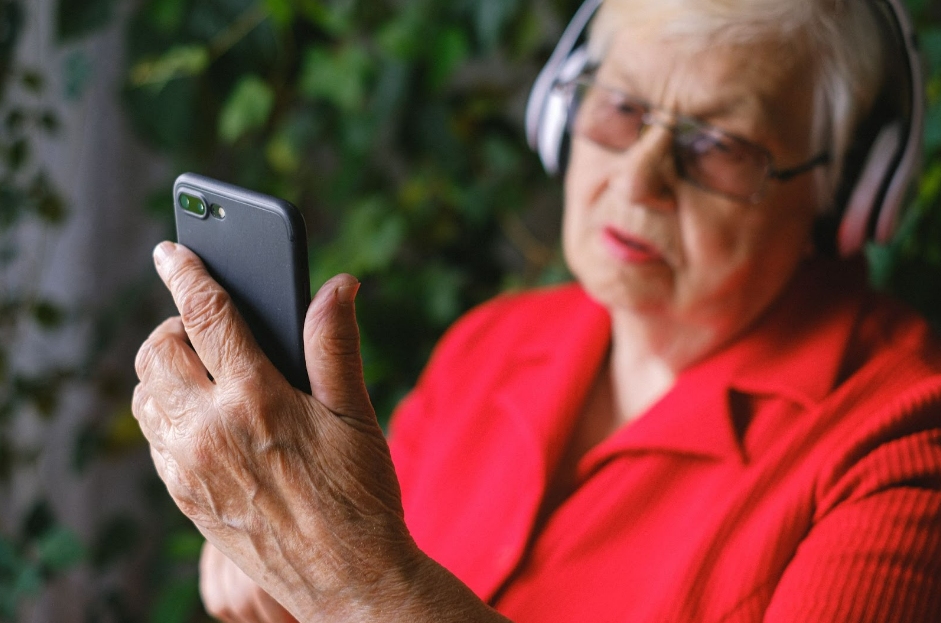
In today’s world, technology has transformed the way we live our lives.
It is continually developing and enhancing how we connect with our surroundings, from smart devices to the internet of things.
Technology has been a game changer for the deaf community, increasing independence, safety, and convenience.
One such breakthrough that makes life easier for the hard of hearing and the deaf is smart home technology.
This technology is intended to automate home appliances and give homeowners more control and convenience.
Smart home technology is revolutionizing how we interact with our homes, affecting everything from lighting and temperature management to security systems.
With the help of smart home technologies, deaf people can live more comfortably and conveniently while also increasing their independence and safety.
Improved Safety
Improved safety is one of the main advantages of smart home technologies for the deaf.
Homeowners can receive alerts from smart home devices about potential safety risks like fire, carbon monoxide, or gas leakage.
These alerts might be challenging to hear for those who have hearing loss, making it possible for them to miss important alarms.
It is simpler to recognize when there is a possible fire hazard thanks to smart smoke detectors, which, for instance, can transmit warnings to a user’s smartphone.
This enables the deaf person to be warned of the threat even if they are not in the same room as the smoke detector.
The smart doorbell is another example of how smart home technology can increase deaf people’s sense of security.
A deaf person may easily miss a regular doorbell, especially if they are wearing headphones or are in another area of the house.
With a smart doorbell, the homeowner can, however, receive notifications when a visitor is at the door via a smartphone or smartwatch.
They can respond to the door immediately and without delay in this way, enhancing safety and security.
Increased Independence
The development of smart home technology has also improved independence for the deaf.
Smart home appliances can help you get by with less help from others by automating tasks and enabling remote control.
This is important for individuals who might not have a hearing family member or caregiver close by.
Smartphones, tablets, and other mobile devices can be used to manage smart home appliances like voice-activated speakers, smart lights, and automated door locks.
As a result, deaf people can independently lock or unlock doors, change the temperature, and quickly turn on and off lights.
With increased independence, deaf people can feel more independent and in control of their living environment.
Improved Communication
Smart home technology is also helping persons with hearing loss communicate better.
Deaf people can communicate more easily with family members, friends, and caregivers thanks to smart speakers and voice-activated assistants.
These devices can give access to instant messaging, video calls, and email, allowing for communication and connection with others in real time.
Furthermore, smart home technology can assist in bridging the communication gap between hearing and deaf people.
Smart devices can send visual notifications, such as flashing lights, to deaf people to notify them of incoming messages or phone calls.
This allows hearing people to communicate with deaf people in a more accessible and comfortable manner.
Overall Convenience
The deaf community is also benefiting from smart home technologies in terms of convenience.
People can automate jobs with the aid of smart gadgets, cutting down on the time and effort needed to execute them.
For instance, a deaf person doesn’t need to get out of bed to turn on the coffee maker in the morning.
In addition, they don’t have to go from room to room to turn out the lights; they can do it with a single command.
Conclusion
For the deaf community, smart home technology is enhancing safety, freedom, and convenience while revolutionizing how we connect with our homes.
Smart home technology is changing the game for those who have hearing loss by automating processes, offering remote control, strengthening communication, and increasing safety.
These devices allow deaf people to live more freely and with greater control over their surroundings.
When thinking about smart home technologies for deaf people, there are a few factors to bear in mind.
The first thing to check is whether the equipment will work with the user’s cochlear implants or hearing aids.
Before making any purchases, it’s important to speak with an audiologist or hearing professional because some devices can conflict with these ones.
Also, it’s important to confirm that the person is comfortable using the devices and that they are correctly configured.
Technology may be challenging or perplexing for some people, so it’s important to offer support and help when it’s required.
Overall, there is little doubt about the advantages of smart home technology for the deaf community.
These devices are significantly improving the lives of those who have hearing loss, from improved safety to greater independence.
It will be interesting to see what new developments come forth as technology keeps developing in order to provide even better accessibility and convenience for everyone.
For those who are looking for additional support, Unspoken Language Services offers interpreting services to help bridge the communication gap between the deaf and hearing communities.
Thumbnail Photo Credit to: Photo by Anna Shvets

